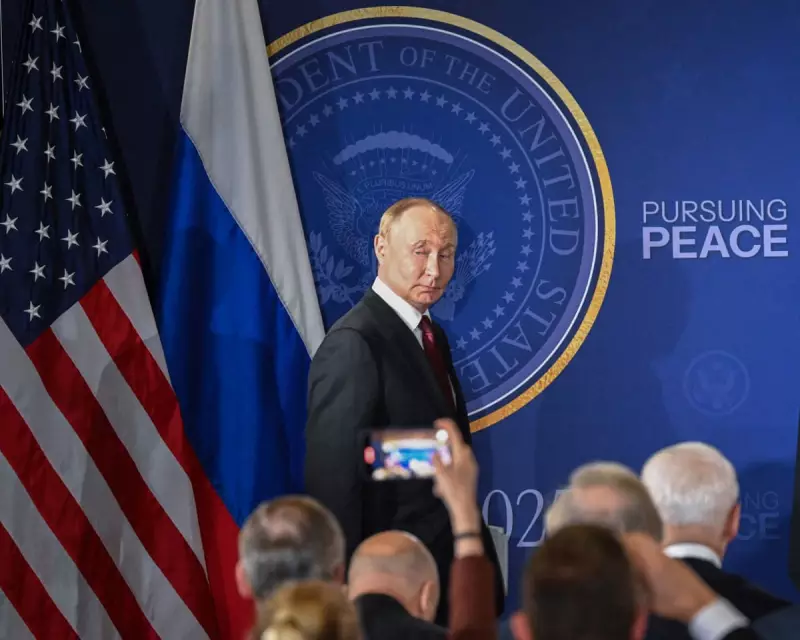
The Kremlin has dramatically escalated its confrontation with the free press, deploying economic sanctions as a new weapon against Western journalists. This calculated move represents a significant hardening of Russia's stance towards foreign media, transforming criticism into a punishable offence.
A New Front in the Information War
This retaliatory strategy, directly targeting individual reporters and editors, marks a dangerous evolution in Moscow's long-running campaign to control the narrative around its invasion of Ukraine. By placing journalists on official sanctions lists, the regime effectively weaponises financial and legal systems to intimidate and silence critical voices.
The Chilling Effect on Global Journalism
The implications extend far beyond the immediate individuals targeted. This action creates a formidable chilling effect, potentially deterring rigorous reporting on Russian affairs and setting a perilous precedent for other authoritarian regimes. The sanctions threaten:
- Financial Paralysis: Frozen assets and severed economic ties for those listed
- Professional Isolation: Exclusion from future Russia-related work and sources
- Safety Concerns: Painting targets on journalists in an already hostile environment
Pattern of Media Suppression
This development is not isolated but rather the latest manoeuvre in a systematic dismantling of press freedom within Russia's sphere of influence. The Kremlin has methodically:
- Outlawed leading international news organisations as "undesirable"
- Forced the closure of remaining independent Russian media outlets
- Criminalised what it terms "false information"—essentially any deviation from official state narratives
- Now extended its reach to personally sanction foreign correspondents
This multi-pronged approach demonstrates a comprehensive strategy to eliminate all dissenting perspectives, both domestic and international.
The Broader geopolitical Signal
Beyond silencing specific reporters, these sanctions serve as a stark message to Western governments: Moscow will meet any criticism with asymmetrical retaliation. This tactic aims to create diplomatic friction and potentially deter future sanctions against Russian officials and entities.
The international community now faces critical questions about how to protect journalists performing essential work in increasingly hostile environments and how to respond to this unprecedented use of economic measures against the free press.





